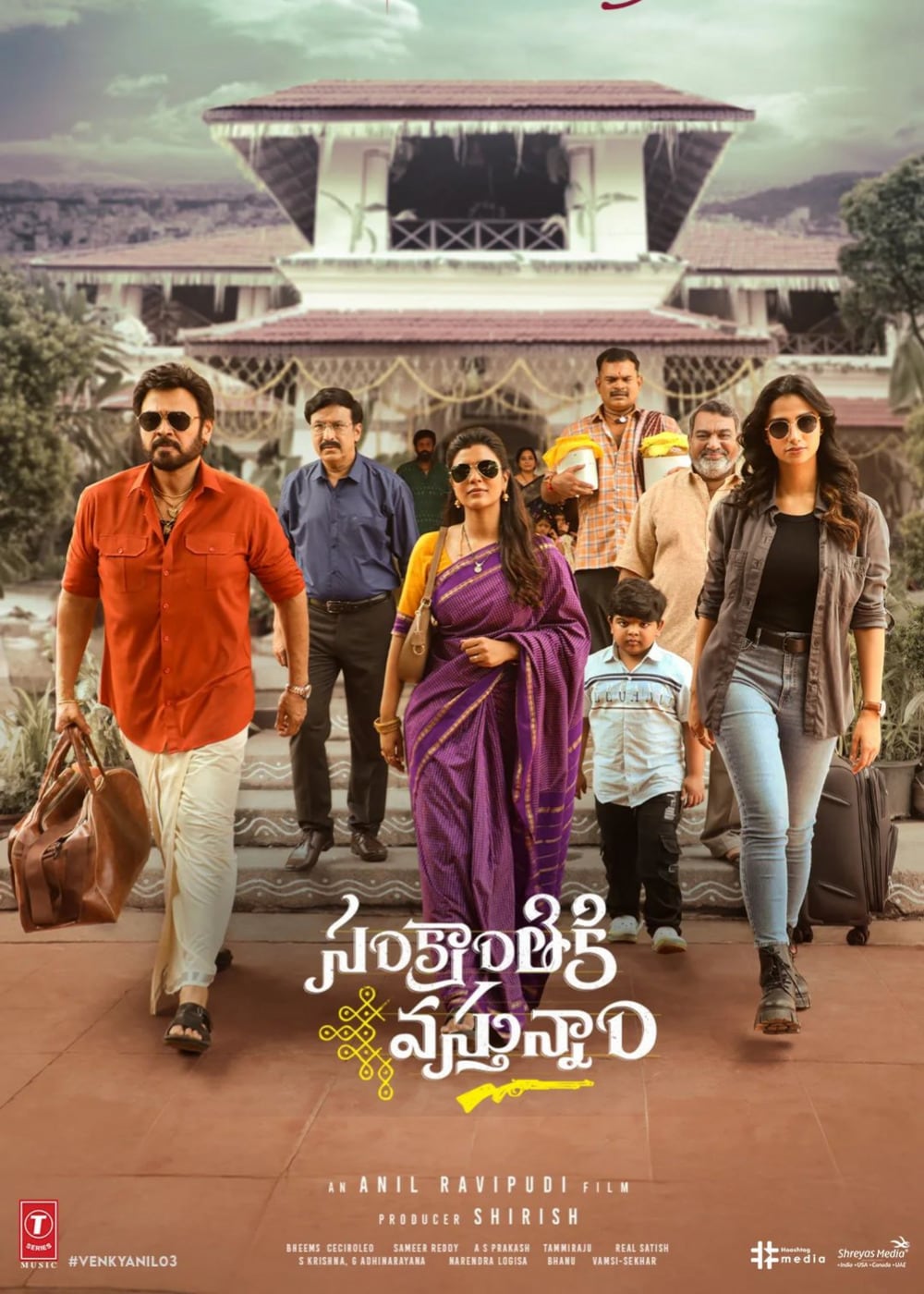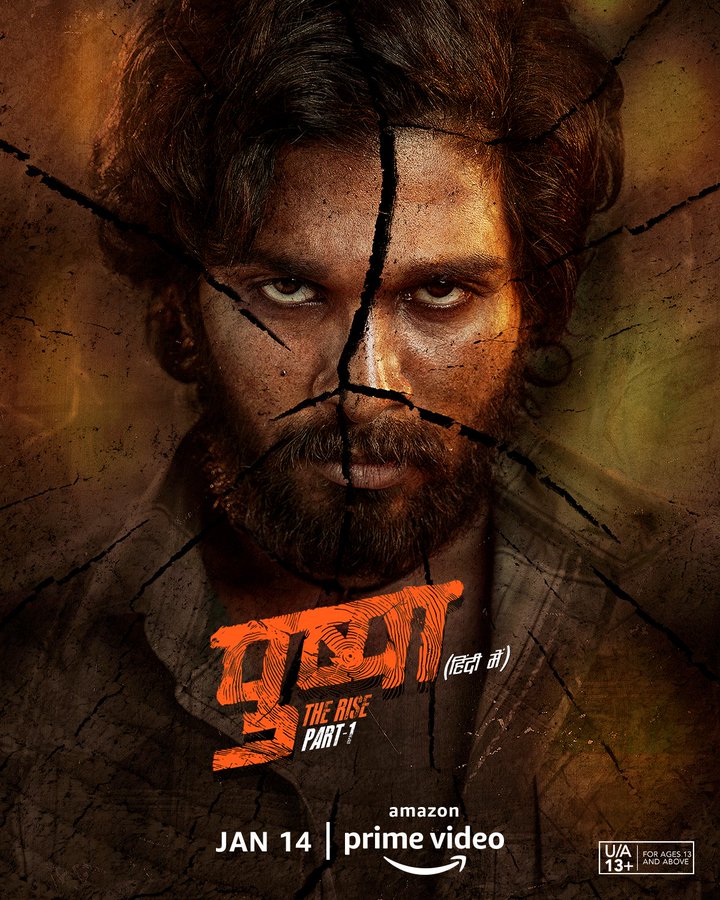Can the world of cinema truly encapsulate the essence of diverse cultures? A resounding yes, as films serve as a powerful medium to reflect societal nuances and cultural richness. From nail-biting suspense to heartwarming tales, movies have an unparalleled ability to connect with audiences globally. The cinematic journey takes us through various genres, each offering unique perspectives on life, love, and human experiences. Whether it's the thrilling adventures that keep you at the edge of your seat or poignant dramas that tug at your heartstrings, films transcend geographical boundaries and language barriers.
In recent years, international cinema has gained immense popularity, especially with platforms like Netflix bringing global stories to our screens. Among these, South African and Korean films have made significant strides, captivating viewers with their compelling narratives and stellar performances. These movies not only entertain but also educate, shedding light on historical events, social issues, and cultural traditions. For instance, Tsotsi, a South African film, won widespread acclaim for its raw depiction of urban life in Johannesburg. Similarly, Korean cinema continues to impress with masterpieces such as Parasite, which clinched multiple Oscars.
| Bio Data | Details |
|---|---|
| Name | Lee Isaac Chung (Director) |
| Date of Birth | March 15, 1978 |
| Place of Birth | Iowa City, Iowa, USA |
| Profession | Film Director, Screenwriter |
| Notable Work | Minari (2020) |
| Awards | Oscar Nomination for Best Director |
| Reference | IMDb Profile |
The intersection of technology and art has revolutionized how we consume films today. Platforms dedicated to streaming content from around the world allow cinephiles to explore different cinematic styles effortlessly. Indian cinema, particularly regional languages like Tamil and Telugu, has found a niche audience globally due to its vibrant storytelling and grandeur. Public domain archives further enrich this experience by preserving classic films for future generations.
One notable example is Minari, a beautifully crafted drama directed by Lee Isaac Chung. Set against the backdrop of rural Arkansas during the 1980s, the film explores themes of family, dreams, and cultural identity. It resonates deeply with immigrant communities worldwide while appealing universally to anyone who values familial bonds. Such productions highlight the universal appeal of well-told stories regardless of where they originate.
Meanwhile, Bollywood remains a powerhouse in global entertainment, blending music, dance, romance, and drama seamlessly into its films. Its influence extends beyond India, inspiring filmmakers across continents. Movies like A Holiday in South India may seem dated now, yet they hold historical significance as early attempts at showcasing diverse aspects of Indian culture abroad.
As audiences continue seeking fresh voices and perspectives, independent filmmakers are increasingly gaining recognition. Social media plays a crucial role here, amplifying grassroots movements within the industry. Films once overlooked can find new life through viral campaigns, proving that quality content always finds its way to appreciative eyes.
Looking ahead, the future of cinema appears bright thanks to technological advancements enhancing production quality and distribution capabilities. Virtual reality experiences promise immersive storytelling possibilities, while artificial intelligence tools aid scriptwriting processes. Yet amidst all these innovations, one constant remains unchanged—the power of a good story told sincerely.
Cinema serves as both mirror and window; reflecting our own realities while opening doors to others'. As more countries contribute their unique voices to the global stage, the tapestry of world cinema becomes richer and more colorful. Each frame captures moments frozen in time, waiting patiently for someone curious enough to discover them.
From suspenseful thrillers keeping you glued till the last scene to heartfelt dramas leaving lasting impressions long after credits roll, every genre contributes uniquely towards shaping modern-day moviegoer preferences. So next time you settle down with popcorn in hand ready to embark upon another cinematic adventure, remember—you're partaking in something far greater than mere entertainment.
It’s about connecting emotionally with characters whose struggles mirror our own, celebrating victories alongside them, mourning losses felt so deeply because they feel real despite being fictional creations. And isn't that what makes movies magical? Their ability to transport us elsewhere entirely while simultaneously grounding us firmly back home again.
.jpg)



.jpg)